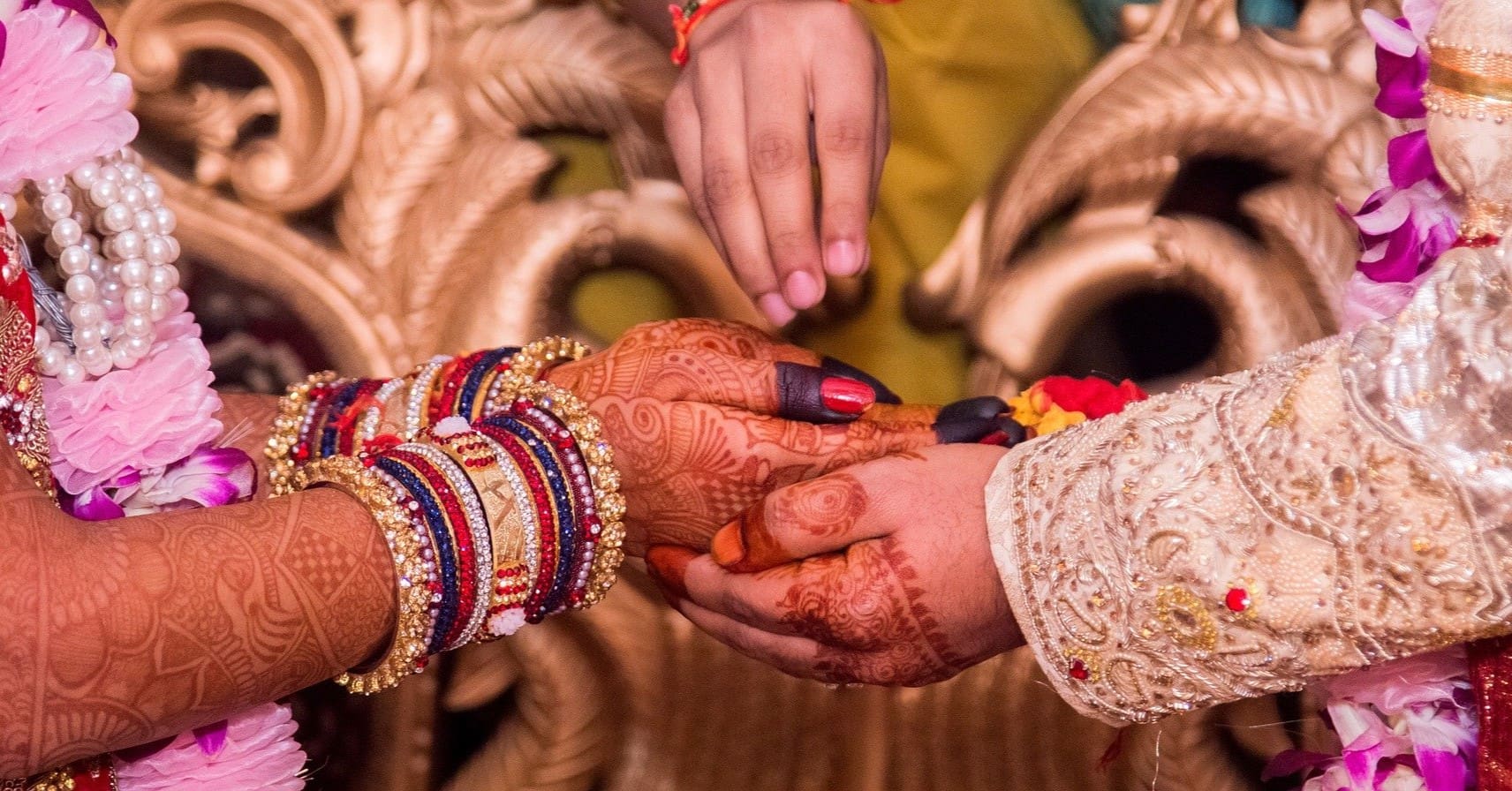
Indian arranged marriages have been a significant aspect of the country’s culture for centuries, and they continue to play a crucial role in shaping the social fabric of India. While the concept of arranged marriages may seem unfamiliar to those from Western cultures, it’s essential to understand the deep-rooted traditions and values that underpin this practice. In this article, we will delve into 10 fascinating facts about Indian arranged marriages, shedding light on the intricacies, customs, and societal significance of this age-old tradition. From the role of families in the matchmaking process to the evolution of arranged marriages in contemporary India, we will explore the diverse facets of this culturally rich institution. Whether you’re a cultural enthusiast or simply curious about the customs of different societies, the world of Indian arranged marriages offers a captivating journey into the heart of Indian culture.
Key Takeaways:
- Indian Arranged Marriages emphasize family involvement, cultural continuity, and adaptability. They foster strong family bonds and extend beyond India, preserving traditions and values across generations.
- Modern perspectives on Indian Arranged Marriages allow for personal choice within the traditional framework. Technology aids the process, and commitment and adaptability are key values in these unions.
Indian Arranged Marriages: A Closer Look
Indian Arranged Marriages are a traditional practice that has been a significant part of Indian culture for centuries. Here are 10 fascinating facts about this unique matrimonial custom.
Arranged Marriages are a Norm in Indian Culture
In India, it is common for families to play a central role in arranging marriages. The families of the prospective bride and groom take the lead in finding a suitable match, considering factors such as caste, social status, and horoscopes.
Marriage Bureaus and Websites Facilitate Arranged Marriages
With the advent of technology, marriage bureaus and online matrimonial websites have become instrumental in aiding the arranged marriage process. These platforms provide a vast database of potential matches, allowing families to connect and explore compatible alliances.
Horoscope Matching is a Significant Aspect
In Indian Arranged Marriages, horoscope matching is a crucial step. Astrologers assess the compatibility of the prospective couple based on their astrological charts, known as “kundalis,” to ensure a harmonious union.
Parental Involvement is Paramount
The involvement of parents and elders in the decision-making process is highly valued. Their guidance and wisdom play a pivotal role in determining the suitability and success of the marital union.
Arranged Marriages Often Foster Strong Family Bonds
Indian Arranged Marriages are not solely about the union of two individuals but also serve as a means of strengthening familial ties. The coming together of two families through marriage cultivates a sense of unity and solidarity.
Modern Perspectives on Arranged Marriages
While traditional arranged marriages are prevalent, contemporary viewpoints are evolving. Many individuals now have the opportunity to interact with potential partners before finalizing the marriage, allowing for a degree of personal choice within the arranged framework.
Arranged Marriages Promote Cultural Continuity
One of the significant benefits of Indian Arranged Marriages is the preservation of cultural traditions and values. These unions uphold age-old customs, ensuring the continuation of cultural practices across generations.
Arranged Marriages Extend Beyond India
The practice of arranged marriages extends beyond the borders of India, with Indian diaspora communities around the world embracing this enduring tradition, maintaining their cultural identity and heritage.
Commitment and Adaptability are Emphasized
Indian Arranged Marriages emphasize the importance of commitment and adaptability. Couples are encouraged to navigate the intricacies of married life with patience, understanding, and a willingness to adapt to each other’s needs and preferences.
Conclusion
Indian arranged marriages are a fascinating and complex tradition that continues to thrive in modern India. The practice is deeply rooted in cultural and familial values, and while it may seem unconventional to some, it has endured for centuries. Through a blend of tradition and modernity, Indian arranged marriages have evolved to accommodate the preferences and aspirations of the individuals involved. The intricate process of matchmaking, the emphasis on compatibility, and the significance of family involvement are all integral aspects of this tradition. Despite the misconceptions that surround arranged marriages, many couples find love, happiness, and fulfillment within these unions. The resilience and adaptability of Indian arranged marriages reflect the enduring strength of Indian culture and its ability to harmonize tradition with contemporary values.
FAQs
What is an arranged marriage?
An arranged marriage is a union where the families of both individuals take the lead in selecting a suitable partner, based on factors such as compatibility, family background, and values.
Are arranged marriages still common in India?
Yes, arranged marriages are still prevalent in India, especially in rural areas and among traditional families. However, there is a growing trend towards semi-arranged and love-cum-arranged marriages in urban areas.
Do individuals have a say in arranged marriages?
In modern arranged marriages, individuals often have the opportunity to voice their preferences and meet potential partners before making a decision. The level of autonomy varies based on the families and individuals involved.
Are arranged marriages successful?
Arranged marriages have shown to be successful for many couples, with high levels of commitment, mutual respect, and long-lasting relationships. However, success depends on various factors, including communication, understanding, and compatibility.
How are partners matched in arranged marriages?
Partners in arranged marriages are matched based on factors such as caste, religion, education, profession, and horoscope compatibility. Families often seek the assistance of matchmakers or matrimonial websites to facilitate the process.
Was this page helpful?
Our commitment to delivering trustworthy and engaging content is at the heart of what we do. Each fact on our site is contributed by real users like you, bringing a wealth of diverse insights and information. To ensure the highest standards of accuracy and reliability, our dedicated editors meticulously review each submission. This process guarantees that the facts we share are not only fascinating but also credible. Trust in our commitment to quality and authenticity as you explore and learn with us.


